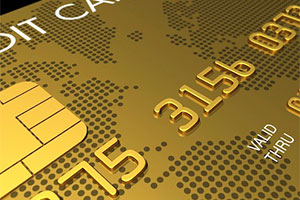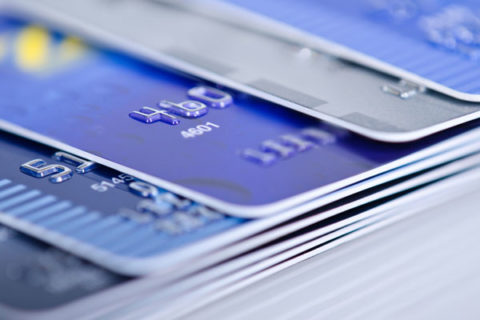

Hidden business credit lines full#
There are no hidden fees either, so cardholders can keep their card expenses low provided they pay their balance in full each month. The Capital on Tap Card offers generous credit limits that can be important for businesses who have a lot of expenses each month. "This would cause hardship for many and immediately cause consumers to panic, stop spending, and slow the economy, threatening major recession.Why you might want the Capital on Tap Business Credit Card Social Security payments would immediately be delayed. Any kind of default will put major stress on the rest of the real economy. "But it's not just financial markets that would suffer. "Even approaching the deadline has negative financial market consequences of excessive stock-market volatility and increase in the cost of credit, and the threat of credit downgrade," Konczal said. Mike Konczal, the director of macroeconomic analysis at the think tank Roosevelt Institute, said on a Monday press call that "hitting the debt ceiling, even just the prospect of it, is a grave threat" to the economic recovery the US had seen throughout the pandemic. The Bipartisan Policy Center said in its analysis that fulfilling all payments for popular programs such as Social Security and Medicare "would quickly become impossible" and that prioritizing certain payments would be operationally difficult and involve "sorting and choosing from hundreds of millions of monthly payments." She added: "If the debt ceiling isn't raised, there will be some hard choices to make about what bills go unpaid."

Hidden business credit lines update#
And I will continue to update Congress, but I certainly haven't changed my assessment. Yellen has not yet indicated how the Treasury would plan to prioritize certain payments should the US default, but she told NBC on Sunday: "We expect to be unable to pay all of our bills in early June, and possibly as soon as June 1.


The Bipartisan Policy Center analysis of federal programs that would be affected by a default.Īlong with the daily Treasury statements, the analysis is based on historical financial data, a Congressional Budget Office analysis of spending and revenue growth, and adjustments for changes in revenue and spending due to the pandemic aftermath and inflation. In the first 10 days of June, the government could be unable to afford the following programs: But the Bipartisan Policy Center used daily Treasury statements, which it said were "subject to significant uncertainty and variability of cash flows," to identify which federal programs could be among the first at risk in the event of a default. The US has never defaulted on its debt, so no one can say with certainty what will happen if the government can no longer afford its spending obligations. Still, even with the severe time crunch, McCarthy and President Joe Biden have yet to reach an agreement on raising the debt ceiling before that deadline. Treasury Secretary Janet Yellen told House Speaker Kevin McCarthy that the US could run out of money to pay its bills as soon as June 1. Last week, the Bipartisan Policy Center, a think tank, published an analysis of the federal programs that would be at risk in the first days and months following a default on the nation's debt. It often indicates a user profile.Ī new analysis illustrates which federal programs may be the first to go unpaid if Congress fails to raise the debt ceiling in a matter of days. Account icon An icon in the shape of a person's head and shoulders.


 0 kommentar(er)
0 kommentar(er)
